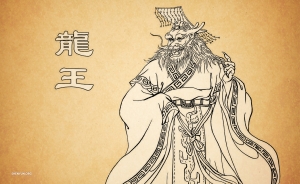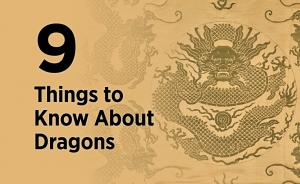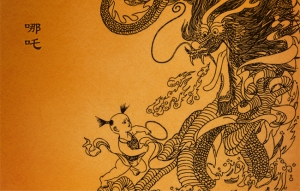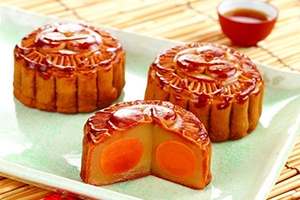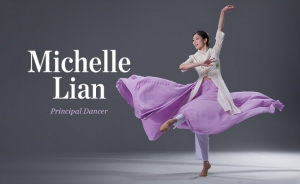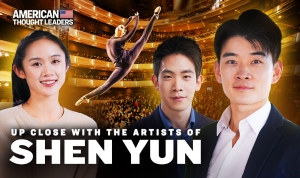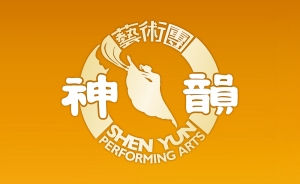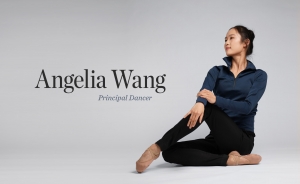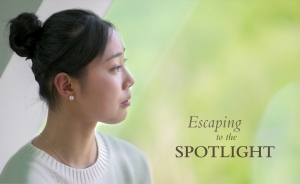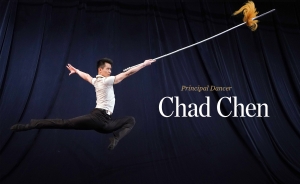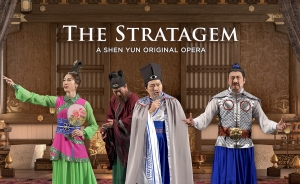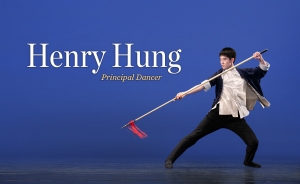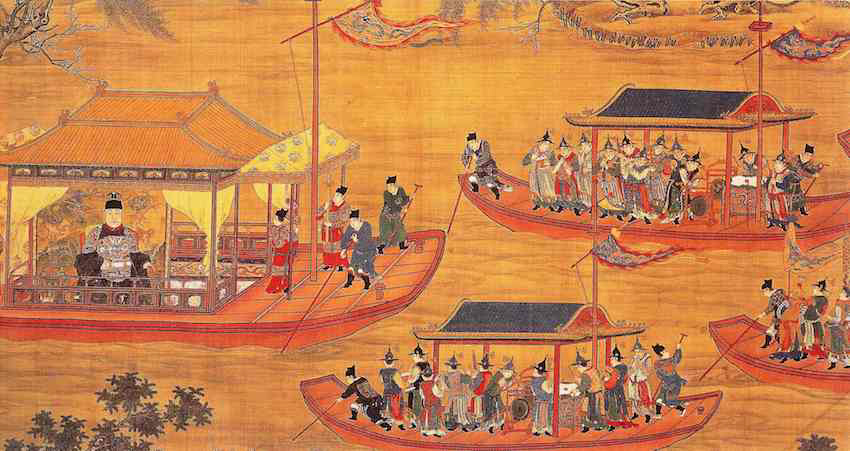
Origins of the Dragon Boat Festival
You may have heard of an exciting festival featuring intense paddle boat races in long, brilliantly colored “dragon boats.” It’s held on the 5th day of the 5th month of the lunar calendar. This year, that date falls on June 25.
So, what’s the significance of the dragon and the boat races in this festival that has its origins some 2,300 years ago?
A Loyal Minister
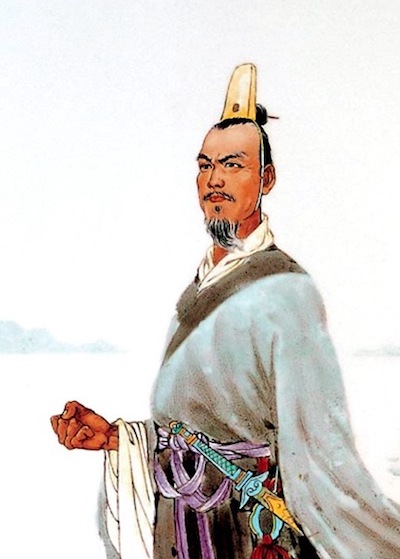
While there are a few different theories about the origins, there are also some common threads. The main one involves a scholar-official who faithfully served the state of Chu in the fourth century B.C.E. His name was Qu Yuan.
Qu Yuan was dedicated to restoring relations between the states of Chu and the neighboring Qi. This era in Chinese history is known as The Warring States Period, and for good reason. Seven different states, or kingdoms, fought each other bitterly for some two hundred years until Emperor Qin Shi Huang unified them.
But back to the story. The king of Chu had spoiled his state’s delicate relationship with its neighbor, but Minister Qu Yuan took it upon himself to restore harmony with Qi and bring temporary peace to his country.
The court of Chu was rife with corruption, though, and greedy ministers were being bribed by enemies. The loyal Qu Yuan was framed, and the king was turned against him.
Insatiable in lust and greed,
The faction strove, and tired not of excess.
Themselves condoning, others decrying,
They steep their hearts in jealousy.
The above lines are from Qu Yuan’s poem, “The Lament” (離騷), in which he tells his story of exile. He continues:
My true integrity defamed,
Gave ear to slander, high his anger flamed.
The king banished Qu Yuan to a countryside area south of the Yangtze River, where the minister spent his days composing poems and looking at his reflection in despair.
His poetry reflects his enduring loyalty to the king, despite being betrayed.
Yet still endured; my lord I would not fail.
Celestial spheres my witness be on high.
With the king deprived of his loyal and capable minister, the state of Chu was soon defeated by Qin. Upon hearing the news, the exiled minister was deeply distraught.
For me, departure could arouse no pain;
I grieved to see his royal purpose vain.
Driven to despair, Qu Yuan drowned himself in the Miluo River. When locals learned that he had drowned himself, they raced out in wooden boats, beating drums and splashing the water with their paddles to scare off evil spirits and fish, on a desperate search and rescue mission.
Unable to find the former minister, they threw sticky rice balls into the water. One reason was to feed Qu Yuan’s hungry spirit. In traditional Chinese thought, a person who dies by suicide will become a starving ghost, suffering from hunger and thirst until his original allotted lifespan on Earth is up. The other reason for scattering rice in the water was to entice the fish to eat the rice instead of Qu Yuan’s body.
As legend has it, one night, Qu Yuan appeared in a fisherman’s dream. He told the fisherman that he was unable to eat the rice intended for him, as a dragon kept eating it all. The minister asked the fisherman to wrap the rice in wormwood leaves, in a pyramidal shape, tied with five colorful strings. Only then would the dragon be warded off, and Qu Yuan could finally eat.
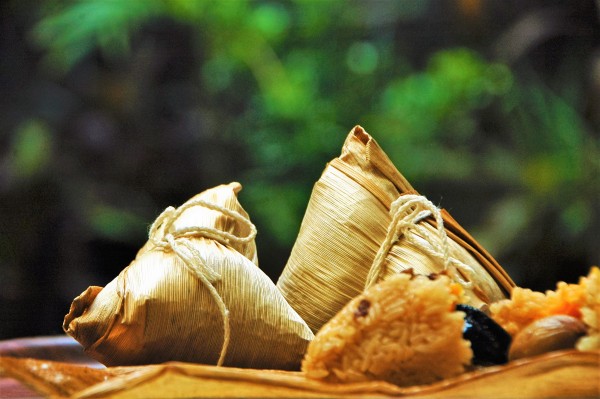
This is the story behind the boat races, and the inspiration for zongzi, the tasty glutinous rice delicacy that’s eaten during the Dragon Boat festival.
Still, this is just one account. Most agree on the initial story with Qu Yuan jumping in the river. After that, it gets a little fishy. Now on to the dragons.
Enter the Dragon

Another origin story relates to dragon veneration, which used to be a custom back in the day.
Being the bringer of rain, and of destructive monsoons, the Dragon King was the kind of deity you didn’t want to upset if your crops, livelihood, and safety were at stake.
To appease the Dragon King, people would race dragon boats on the Yangtze River. Before setting off, they would hold a ceremony and make offerings to the Dragon King. Then, they would race each other in dragon-decorated paddleboats.
This is likely why today’s dragon boats are designed as they are—ornamented with an open-mouthed, bulging-eyed dragonhead in the front, and a scaly dragon tail in the rear.
Dragon Boat Racing
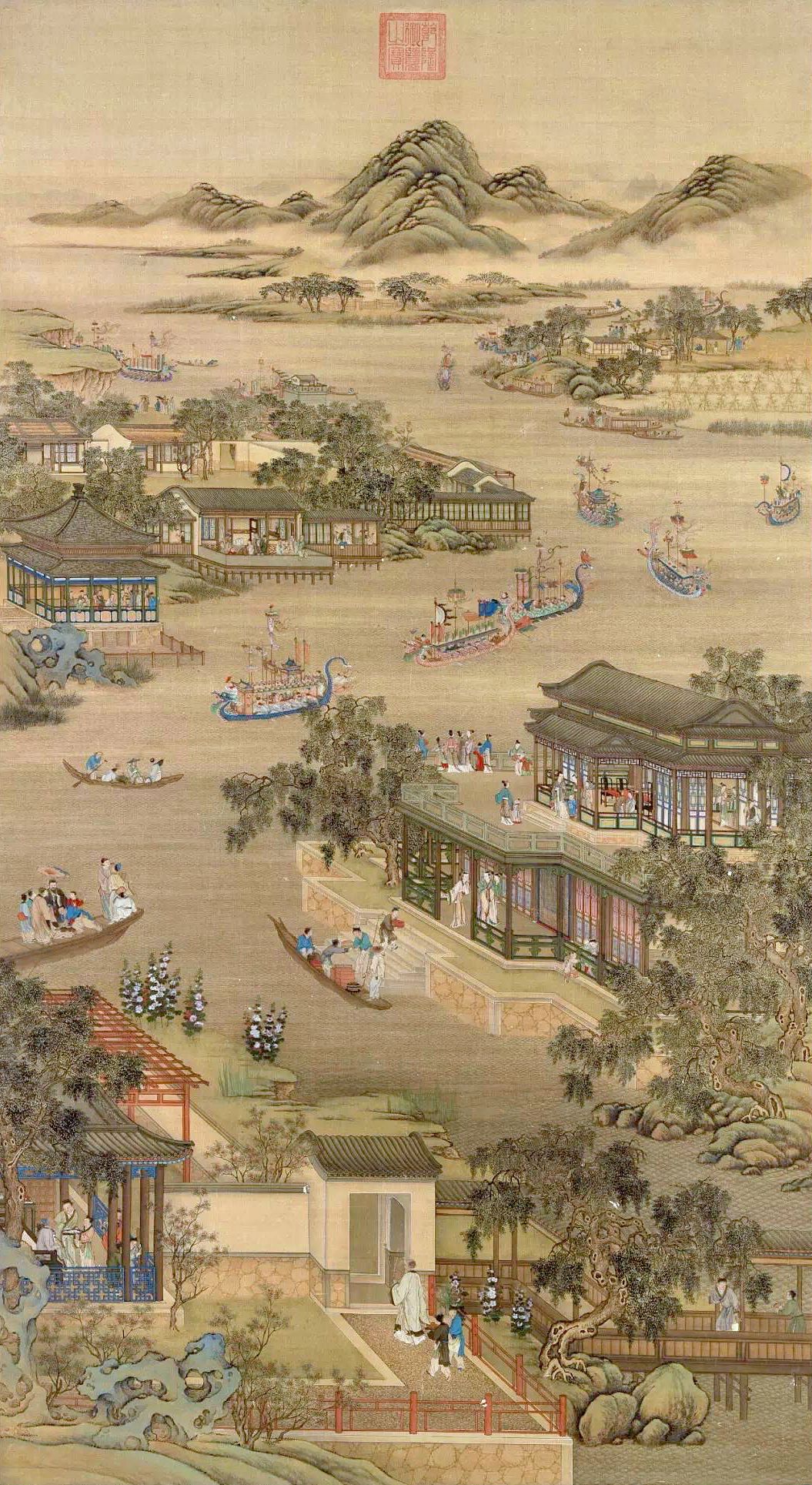
It may be hard to believe, but the Dragon Boat Festival was actually banned during the Cultural Revolution (1966–1976) due to Mao Zedong’s war on traditional culture. Fortunately, some time after Mao kicked the bucket, the much-beloved festival was reinstated and has not been cancelled since (though, the CCP-virus [COVID-19] situation may lead to cancellations of the event in 2020).
Boats vary in length and typically seat up to 20 paddlers. Each boat has a drummer, who plays an integral role as the “dragon’s heartbeat.” The rhythmic drumbeats synchronize the pace of paddle strokes. With sound cooperation, each team furiously heads toward the finish line in an energetic showdown.
Dragon boat racing can also be a fun team-building exercise for business colleagues and students. In races held worldwide, the competition ranges from light-hearted to cut-throat.
Before the race begins, there’s an age-old tradition of dotting the dragon’s eyes. According to custom, dotting the eyes brings the dragon boat to life. If you haven’t read it yet, dancer Betty Wang’s blog about the Chinese idiom: “Paint the dragon, dot the eyes,” dives into what this saying means and the legend behind it.
So this June 25, see if you can find some sticky zongzi (do not eat this while driving) and spend some time thinking about dragons. Why not? Just remember, there are good dragons, evil dragons, and some in-between characters, too.
For some dragons 101, check out our Dragon Kings of Mythistory. Or discover nine things you didn’t know about Chinese dragons.


